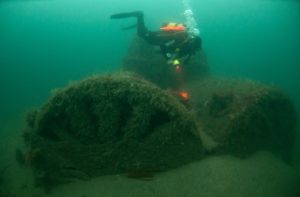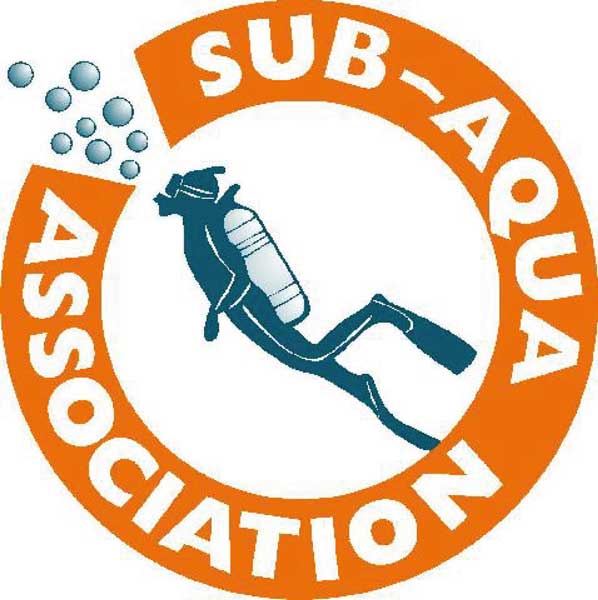
The Marine Protected Area (MPA) around the island of Lundy in the Outer Bristol Channel is 50 years old this year.
The MPA began its existence as a voluntary marine nature reserve in 1972, following an agreement with local fishermen to desist from scallop dredging and bottom trawling the seabed close to the east of the island. Scuba diving was still in its infancy at the time though it was beginning to be adopted by marine biologists, allowing them to see marine life up close and personal for the first time. Even though relatively few areas around the country had been investigated for the marine life they held, it was soon realised that what Lundy had to offer was special.
Ever since, Lundy has been at the forefront of marine conservation initiatives in British waters. It became the country’s first statutory Marine Nature Reserve in 1986; the first to have a No Take Zone protected by fisheries bylaws (in 2003); and the first Marine Conservation Zone to be designated (in 2010). It was also designated as a European Special Area of Conservation in 2005.
It’s now known as a Marine Protected Area, a term which encompasses all of the above designations. It is recognised as being of particular importance – not only for its amazing variety of marine life and its rare species, but also for its dramatic underwater scenery and its historic shipwrecks. So we’ve decided to celebrate its 50th birthday by holding a Marine Festival this summer.
 Over two months this summer, from 14th July until 11th September, we’ll be hosting a variety of participatory activities you can get involved with – on top of the island and around its fringes – and we’ve booked over 20 dive boat days for divers to undertake some ‘citizen science’ projects, no matter what your ID expertise is like. These will include searching for spiny lobsters; taking viewpoint photos on the protected wreck of the Iona II (a paddle steamer which sank in 1864); collecting and measuring scallops within the No Take Zone; searches for red band fish burrows and burrowing anemones; assessing the ‘health’ of pink sea fans; and checking the maximum depths at which seaweeds are found. For those who enjoy being an underwater ‘twitcher’, we’re also carrying out a full bioblitz of the island’s waters too, recording as many of the MPA’s species as possible. The data collected during these projects will all go towards assisting with the future management of the MPA.
Over two months this summer, from 14th July until 11th September, we’ll be hosting a variety of participatory activities you can get involved with – on top of the island and around its fringes – and we’ve booked over 20 dive boat days for divers to undertake some ‘citizen science’ projects, no matter what your ID expertise is like. These will include searching for spiny lobsters; taking viewpoint photos on the protected wreck of the Iona II (a paddle steamer which sank in 1864); collecting and measuring scallops within the No Take Zone; searches for red band fish burrows and burrowing anemones; assessing the ‘health’ of pink sea fans; and checking the maximum depths at which seaweeds are found. For those who enjoy being an underwater ‘twitcher’, we’re also carrying out a full bioblitz of the island’s waters too, recording as many of the MPA’s species as possible. The data collected during these projects will all go towards assisting with the future management of the MPA.
Please come and join in the fun this summer by visiting the Festival’s website and booking yourself onto one of the Festival’s dive boats. All the details about what’s on offer can be found at:
www.lundymarinefestival.org.uk
Robert Irving
Co-ordinator, Lundy Marine Festival 2022

